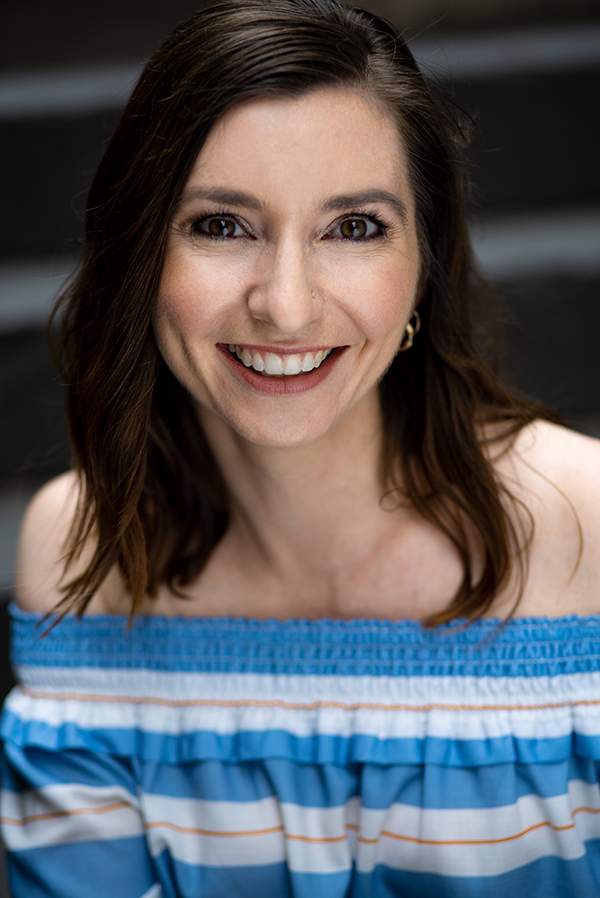
The decision of whether or not to enter your students into an exam can be difficult. There are lots of good reasons to get your students sit exams but there are equally lots of good reasons to avoid them! Exams are not suited to all students and not all students are suited to exams.
If a student thrives under pressure, craves the structure of set tasks and deadlines, and copes well with constructive criticism, an exam might be appropriate. However, if a student is anxious, unpredictable in terms of how they may react to pressure or invests too much of their own self-worth in how others perceive them, exams may be detrimental to their own musical achievement and growth.
Exam Pros
- Identifying and achieving goals
- Deep learning
- Setting high standards
- Opportunity for impartial expert feedback
- Feelings of accomplishment and personal satisfaction from positive experiences
Exam Cons
- Focus shifts from creative exploration to standards
- Exam requirements may take time from tasks that better build musicianship
- Narrow, exam-focused lessons result in pianists who are not well rounded, struggle to play in social settings, and give up once the requisite level is achieved
- Reports are one person’s opinion of a performance on one day
Ideally, a student covers the majority of requirements within regular lessons, with three to eight weeks prior to the exam for focused preparation and polishing. They confidently enter the room, enjoy performing, are adept at handling any ancillary tests, and leave feeling satisfied with themselves. If the overall experience is positive, they will feel buoyed, energised by their success, eager to move forward, and will continue to flourish in lessons.
However, if the student spends more than a term focused entirely on the exam, is not enjoying their repertoire, feels pressured by the deadline, and is inadequately prepared to meet the tasks’ challenges, they enter with feelings of apprehension or anxiety and will be set up to fail. Perhaps their mark will not reflect failure, but they will leave feeling dejected, deflated or even distraught at not meeting expectations.
The student who has a terrible exam experience is more likely to quit lessons and making music than one who never does an exam.
Questions To Ask:
- What will be the positive outcomes of my student doing an exam?
- What could be the negative outcomes of them doing an exam?
- Do they enjoy playing piano in front of others, including strangers?
- Will I still be able to incorporate broad musical experiences and activities into the lessons?
- Will my student be able to be prepared in time for the deadline?

Above all, it is important to note that exams and their preparation should only be a small part of a student’s musical experience. To illustrate this, let’s look at Benny’s experience:
Case Study 1
Benny was an eager piano student from the start, devouring repertoire from his books and working out familiar tunes by ear. His teacher encouraged him to join the school choir, play duets and accompany other young musicians, which led to making good friends. He began to compose and enjoyed writing and arranging pieces for his friends to play with him. His teacher had no expectation of exams, but thought that having a goal might encourage Benny to work in a more focused way on his technique in order to bring it up to the same level as his sight reading and aural skills.
Benny sat three exams over five years, grade 2, grade 5 and grade 8, though he learned at least a dozen pieces from every grade level’s standard repertoire. When he finished school, he decided to follow his other passion, engineering, but started a small business playing weddings and corporate functions in a piano trio with two friends, which helped to support his studies through university. When he graduated, he found work as an engineer, but continued to play piano in regular jam sessions and at parties, just for fun.
For Benny, his musical goals were broad and have led to a lifelong enjoyment and participation in music making. Including exams in the learning process helped him progress and were a helpful tool to utilize.
Choosing an Exam
There are many examination boards servicing Australia and New Zealand, some with multiple syllabus options. How do you choose one?
According to a poll in the Australasian Piano Teachers Facebook group, the most commonly used exam boards are:
- Australian Music Examinations Board (AMEB)
- Trinity College London (TCL)
- Associated Boards of the Royal Schools of Music (ABRSM)
- Australia and New Zealand Cultural Arts (ANZCA)
However, there are other boards and businesses giving equivalent qualifications or alternative experiences. These include:
- New Zealand Music Examinations Board (NZMEB)
- Con Brio Examinations (CBE)
- St Cecilia School of Music
- Rockschool (RSL, currently administered in Australia through AMEB)
- Australian Guild of Music (AGME)
- International Music Examinations Board (IMEB)
- Universal Music Exams (UME)
- Music Teachers Board (MTB)
- International Music Exams (MUSX)
Each organisation has its own requirements, marking schemes, criteria, and standards. Exams may require ancillary tests or students may be assessed on repertoire only. Most exam boards have face to face exams. Some are online only, and many have developed online options in response to lockdowns. Some exams focus on a particular style of music, for example only Western art music or contemporary pop, rock and jazz. Others allow a wider range of styles. Some offer limited levels while others offer assessments at the earliest levels of development right through to advanced certificates and diplomas.
Having many options makes choosing difficult and while it is tempting to ask other teachers for their opinions, first-hand experience will provide you with the most accurate insight into the experience and is the best way to assess suitability. It is a wise (and brave) teacher who chooses to sit an exam themselves for the purposes of research! Looking into the criteria of the board and exam type will help you to determine if that exam style would suit your student. Even having made your choice, you are not locked in. You can switch between syllabuses and boards if the option you started with no longer seems the best choice for your student’s musical education. Most exams do not have prerequisites, which means you can opt in at any time.
If employing a repertoire rich approach, it is easy for a student to switch exam types. For example, going from a modern repertoire syllabus to one more classical-focused is straightforward if a wide range of styles and genres is being studied. Syllabus switching is also a clever way to consolidate skills at a particular level for a goal-oriented student. The student sits the same level in a different syllabus with new repertoire instead of moving on to the next grade.
Questions To Ask:
- What are my student’s strengths, weaknesses, and preferences?
- What educational outcomes do I want them to achieve?
- What kind of feedback would suit?
- Should I consider the fee structure?
- How do the administrative requirements and enrolment procedures best fit my studio?

Case Study 2
Layla had only been interested in film music, game music, jazz and pop styles as a pre-teen and was happy to sit exams as long as she was able to choose the pieces that she enjoyed. Her teacher did a lot of research to find music that fit those genres and would ensure Layla’s development as a well-rounded pianist. There was always a lot of lively discussion and creativity in lessons. Layla enjoyed transposing and improvising, especially with dramatic scalic passages.
At 16, Layla watched a film that had a liberal use of Chopin in the score and fell in love with the Romantic period, followed by an infatuation with art music in general. She decided to become a film composer, so needed a broader understanding of music in practice and in theory. She switched to a classical syllabus for her final exams, and sailed through both the practical and the requisite theory exams due to her strong understanding of tonality and harmony and her excellent technique developed through the contemporary styles. A successful audition for a music degree meant Layla was on her way to achieving her dream.
As teachers, we are tasked with raising the next generation of musicians and music lovers. It is our great privilege and responsibility to ensure that our students are equipped not just to pass exams, but to make music for life. Knowing your students and their goals, together with an understanding of what is on offer with examination boards will help you to make well informed decisions for your students well into the future.

Helen Perris teaches piano, voice and songwriting in her Western Sydney studio, where exams are an optional experience. She holds a BMus, MTeach, and AMusA (piano) and is a prolific composer and songwriter.